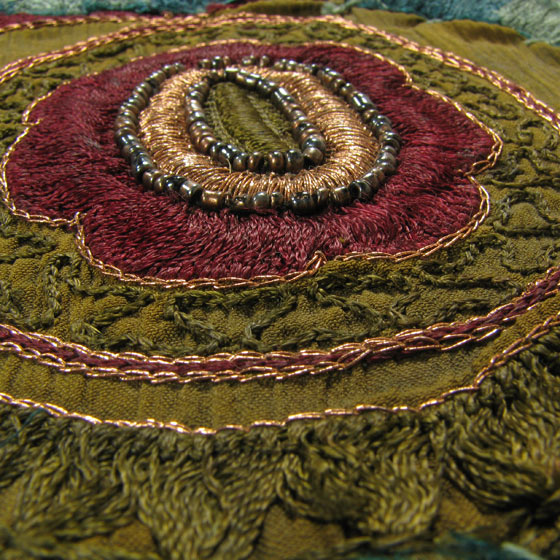===
0724,
5
===

=== |
 |
miṡāl : 'Likeness, similitude; simile; analogy; parable, metaphor; specimen, example, model; a case adduced as a precedent'. (Platts pp.1000-01)
ishtihār : 'Publication, divulging; publicity, public notice; notification, announcement, advertisement, proclamation, declaration, notice, placard, poster; fame, rumour, report, renown'. (Platts p.56)
FWP:
SETS == POETRY
MOTIFS == SOUND EFFECTS
NAMES == ANQA
TERMS == DEVICEHow cleverly framed is that 'humble' boast: 'we are nothing-- the way the Anqa is nothing'. And what way is that? The Anqa's nonexistence (invisibility, un-capturability) makes him literally 'nobody', but by the same token is exactly what assures him of being 'somebody' all over the world, famous exactly for his unique 'nothingness'. What a superbly enjoyable way for the poet to depict his own fame!
SRF has pointed out the excellent doubleness of kuchh nahīñ . Along similar lines, miṡāl is also witty, since if taken literally it invokes a 'likeness' or 'specimen' of a creature that by definition cannot be seen.
In the second line, with 'city -- city -- publi-city' we can almost capture a bit of the sound-play and meaning-play of the Urdu. As with {724,1}, here too we have a short meter filled up as much as possible with words that have similar sounds. They're not from the same root, but they sound and feel as if they could be-- this effect creates the device of 'doubt about derivation'. Just substitute har jagah for shahr shahr , and see how greatly it diminishes the verse's punch.